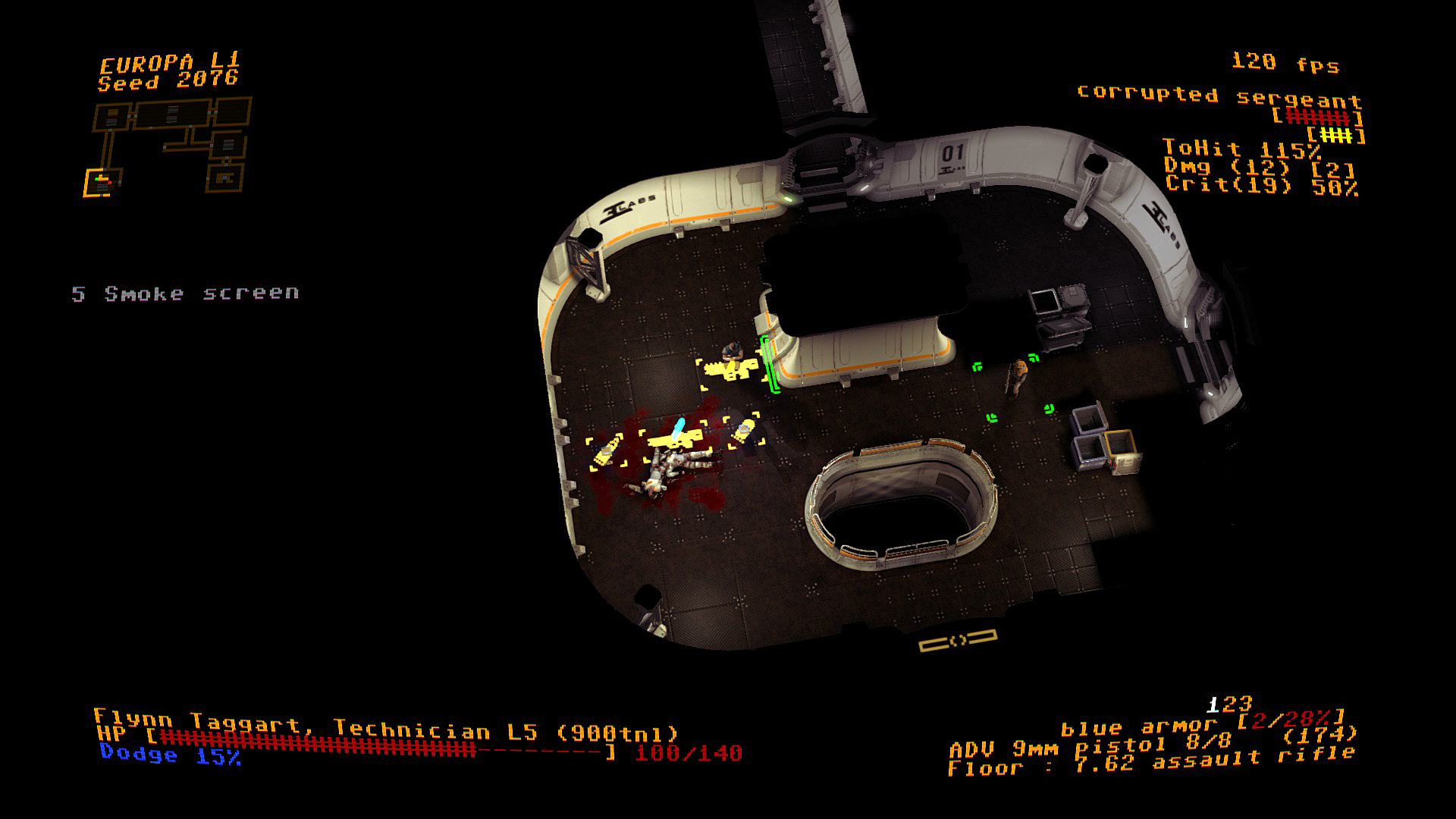

Elijah sees a lot of grand, even frightening things: a hurricane playing catch with rocks, an earthquake, and a fire. God tells him to stop hiding in the cave and go outside, where the Lord of Hosts would pass by. So Elijah is hiding in a cave and, like most of us when in desperate situations, wonders where God is. Which didn’t go over too well with Queen Jezebel, who now sought Elijah’s life. “Then the people seized the prophets of Baal” and Elijah had them brought down to the Kishon Valley and slaughtered there” (1 Kings 18:40).

1 Kings 18 describes the event, in which Baal’s prophets are unsuccessful while Elijah - even though the altar is thrice doused in water - calls down what becomes a sacrificial flambé. Elijah challenged 450 of Baal’s prophets - he and they would each prepare an animal sacrifice and call down fire from heaven, to show who was the true God. Baal and Astarte were fertility gods which (like in our own confused day), celebrated the sexual power by sacrificing infants to them and having their priests engage in self-cutting and other forms of self-mutilation. Ahab, one of Israel’s worst kings (there’s a reason why Melville named the obsessed captain of Moby Dick as he did) introduced the worship of Baal and Astarte in Israel, at the behest of his pagan wife Jezebel. The First Reading doesn’t tell us the context: Elijah is on Mount Horeb because he is running away for his life. 9) tell us about a humble God.Įlijah the prophet hides in a cave on Mount Horeb (otherwise known as Mount Sinai). The readings for the 19th Sunday in Ordinary Time (Aug.


 0 kommentar(er)
0 kommentar(er)
